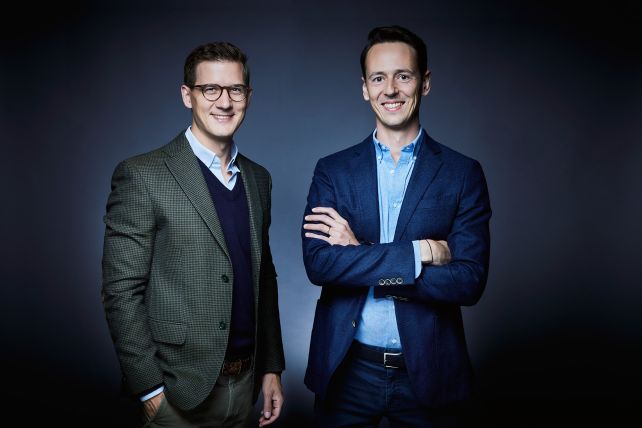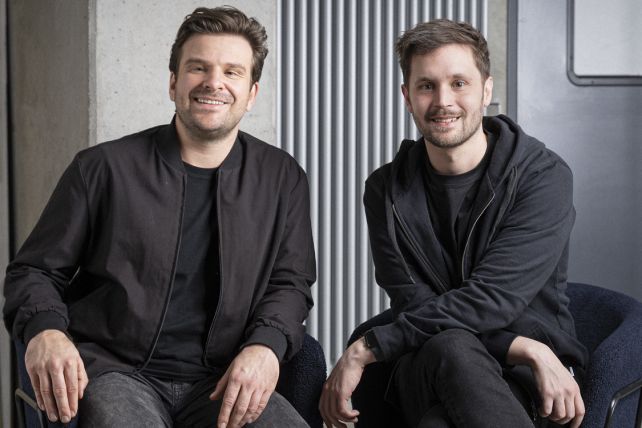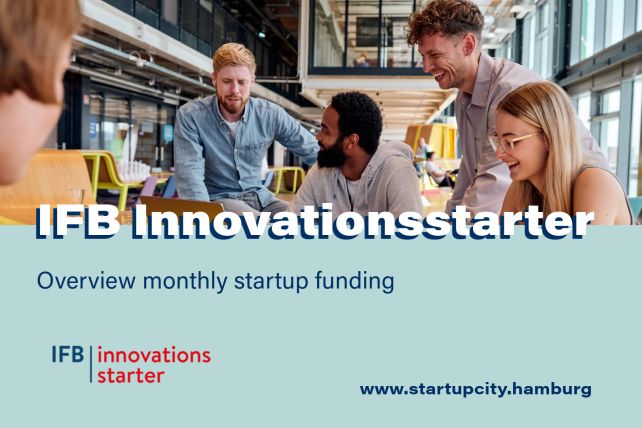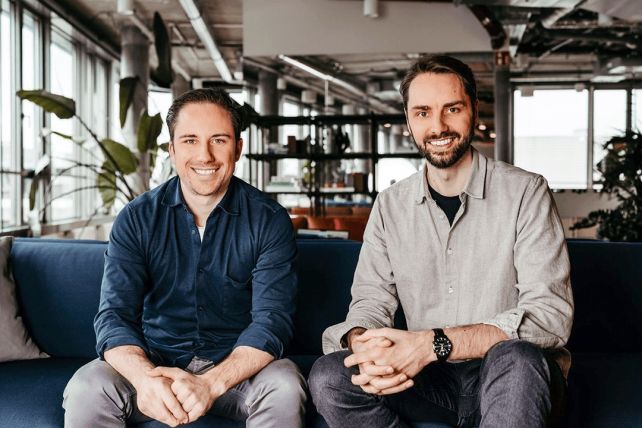When it comes to the digitization of fashion retail, there is hardly any way around Fashion Cloud. Over the past eight years, the Hamburg-based startup has carved out a leading role for itself in Europe and continues to grow despite the crises in the industry.
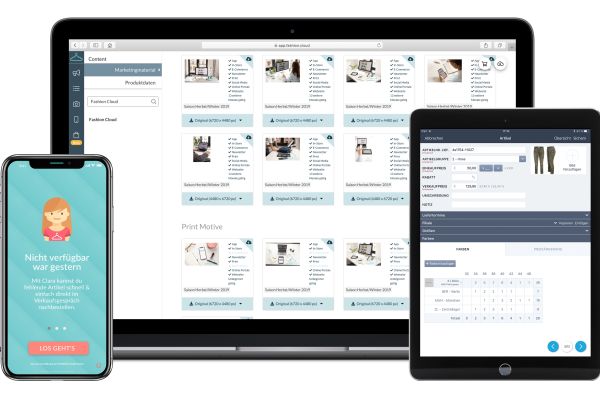
A European accelerator put Fashion Cloud on the road to success
SpeedUP! Europe was the name of a European Union accelerator that was intended, among other things, to popularize the open source platform FIWARE. The most important location of the funding program was Hamburg. Launched in February 2015, the project has since been pretty much forgotten, but for some Hamburg startups it has proven to be a springboard to successful business development. They include Breeze, Sponsoo, which received 50,000 euros in prize money, and above all Fashion Cloud. The young company, which was then called Look Local, secured 1st place in November 2015, which came with 200,000 euros in prize money. SpeedUP! Europe was also one of the reasons why the startup chose Hamburg as its location rather than Berlin. René Schnellen, one of the founders and still managing director of Fashion Cloud, mentions others:

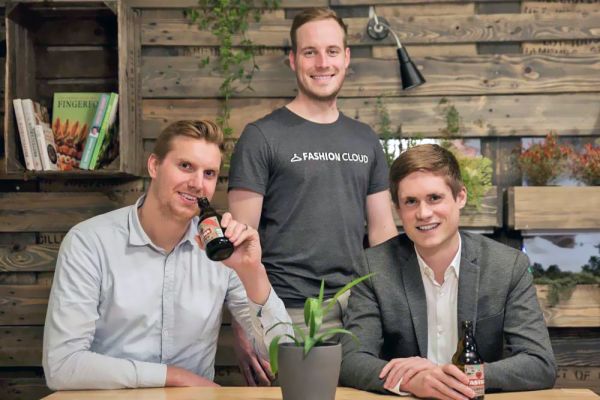
Various solutions for fashion retail
The industry that Fashion Cloud serves is fashion retail. During its time at SpeedUP! Europe, the startup was already able to win its first customer, the fashion store Ramelow from Elmshorn. Like many other stationary retailers, the traditional company was looking for a way to hold its own against internet competition such as Zalando and to build up its own online business. Fashion Cloud provided the product images and descriptions for this.
With this business idea, the three founders, who in addition to René Schnellen also include Martin Brücher and Florian Kemt, had obviously hit a nerve. René had previously been active as a management consultant in the fashion industry. Martin was also working as a consultant, with a focus on the energy sector, and Florian is the software expert. They were not to remain three for long; by spring 2017, the team already numbered around 20 members. At the time, it had more than 200 fashion brands in its portfolio and customers in about 20 countries. The Clara app was the second Fashion Cloud product to be launched.
Today, the offering comprises four central areas:
Content area of the web platform: It makes it possible for fashion brands to share marketing materials and product data with their retailers via a central access point. Retailers can simply download the material online or automatically integrate product data into IT systems, such as web stores or merchandise management systems.
Order area of the web platform: This area enables cross-supplier ordering from participating brands. Similar to a B2B online store, retailers can search for items across different categories or for specific brands and order them with just a few clicks.
Clara: This is the name of Fashion Cloud's app, which sales staff can use to find out the current delivery availability of goods and reorder them directly during the sales talk.
OrderWriter: This app facilitates order entry for buyers. The app gives them a visual and financial overview of items already ordered - in the showroom and during subsequent follow-up. No matter when and where the information is needed - the app works online and offline.

Fashion Cloud acquires Dutch companies
The OrderWriter app was originally developed by the Dutch company Nyon. In the fall of 2018, it merged with Fashion Cloud, turning the Hamburg-based startup into an international player in one fell swoop, with an additional location in Amsterdam. Nyon founder David Schaap came on board as an additional managing director. Alies ter Kuile, who also became a member of the executive board, also comes from the Nyon stable. At the time of the merger, Fashion Cloud connected more than 350 fashion and footwear brands with 4,500 retailers and over 18,000 points of sale in 60 countries. The newly formed team now consisted of just over 50 people.
Nyon did not remain the only company from the Netherlands to be acquired by Fashion Cloud. It was followed in July 2021 by Stockbase, another leading provider of e-commerce solutions. Through Stockbase, brands shared their inventory and item data to display their assortment directly in retailers' online stores. In this way, retailers were able to expand their virtual product range without having to stock the goods themselves. This service was a useful addition to Fashion Cloud's existing offering.
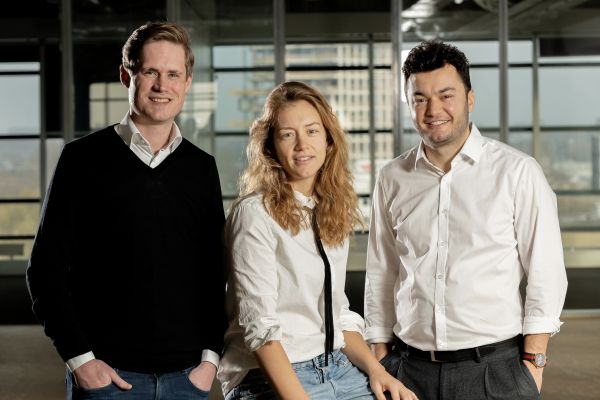
The pandemic as a growth driver and 25 million euros
The acquisition took place at a time when online retail was in a prolonged phase of success, due to the consequences of the Covid pandemic. This proved to be a growth driver for Fashion Cloud. Many stationary retailers had to switch to online business virtually overnight. From March to May 2020, the startup acquired more new customers than in the whole of 2019, and downloads were up to 800% above the previous year's figures during this period. Also responding to the pandemic and its associated limitations was Digital Fashion Week, an online fashion trade show that Fashion Cloud hosted in July 2020. There was a second edition the following year.
The steady growth naturally made the startup interesting for investors. As early as July 2019, Fashion Cloud was able to announce a financing round in the high seven-figure range, and in December 2022, the really big shot followed. There were 25 million euros from the European investment company Verdane and a number of existing investors. Almost at the same time, a significant break occurred at the successful company. Co-founders Martin Brücher and Florian Kemt withdrew from the operational business, reducing the management team to René Schnellen, Alies ter Kuile and David Schaap.
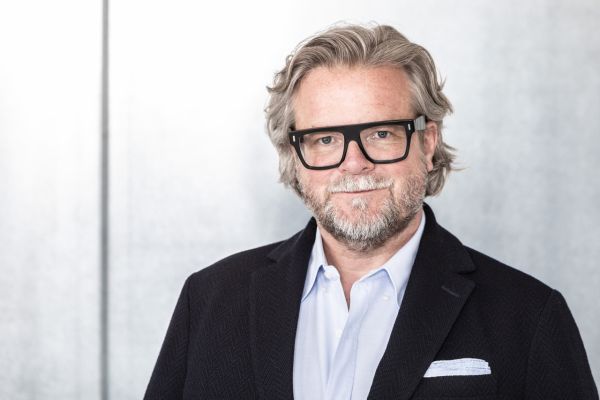
For Fashion Cloud, the crisis is also an opportunity
The fashion trade, both online and stationary, is in a state of upheaval, with insolvencies of established retailers and brands regularly making headlines. The most prominent examples include Reno, Görtz, Peek & Cloppenburg and Orsay, some of which are still able to operate their businesses, while others have had to give up completely. Despite this, or perhaps because of it, 2022 has been Fashion Cloud's most successful financial year to date. The current figures are impressive: 115 employees with over 25 nationalities, more than 20,000 retailers in almost 90 countries, over 600 affiliated brands and customers such as Hugo Boss, Marc Cain, Scotch & Soda, Zalando, Engelhorn and Breuninger.
René Schnellen sees the current crisis in fashion retail more as an opportunity for Fashion Cloud. The pressure for change, for digitization, is greater than ever, and the startup offers suitable solutions. The latest personnel development also stands for the growth course. Since April 1, Markus Dielmann has been strengthening the sales team. The expert for the shoe industry is to bring Fashion Cloud even further forward in this area. Where others see dark clouds gathering, Fashion Cloud sees the silver lining.


